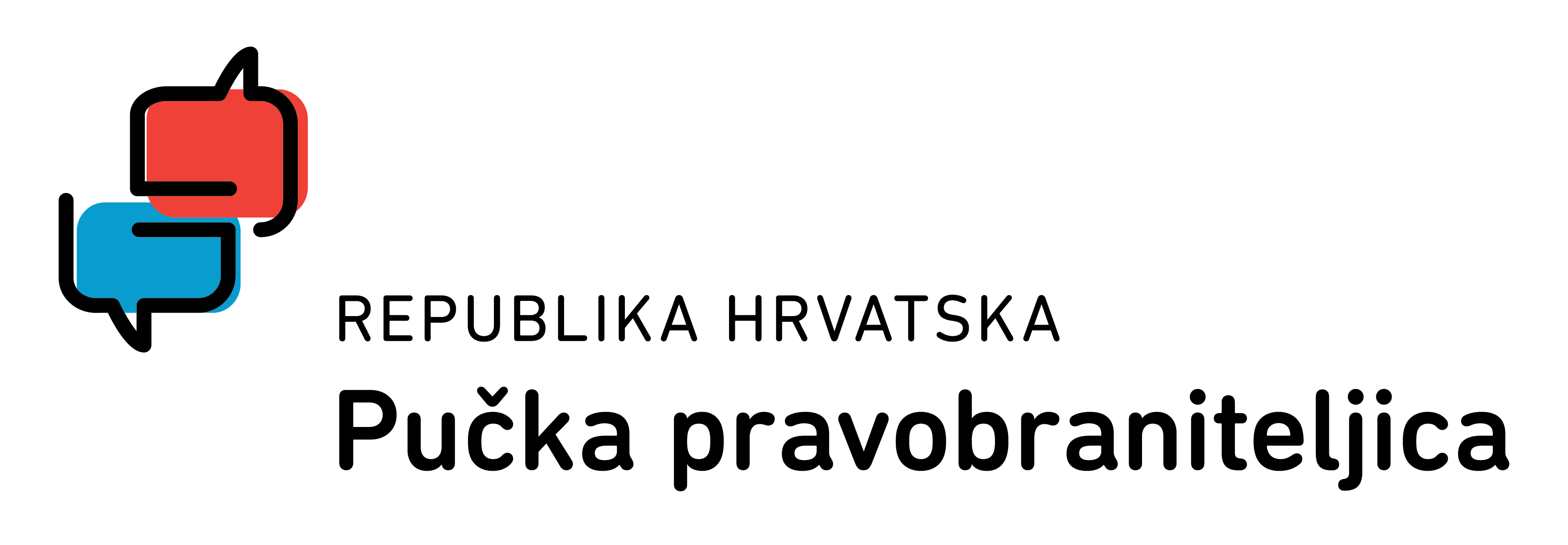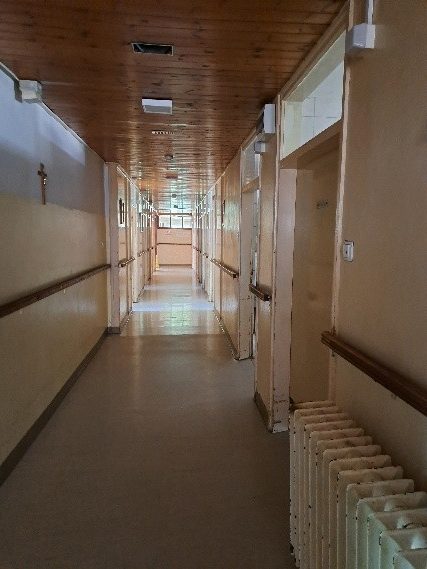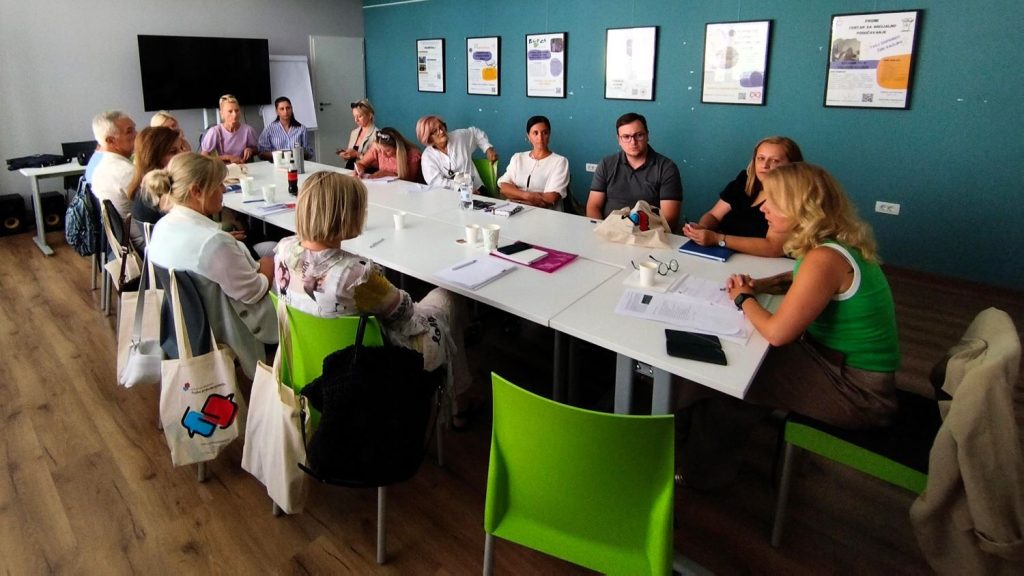Almost 2 million citizens of Croatia live in rural and semi-urban areas. The fact that they live at some distance from the urban centers often entails the inaccessibility of the basic public services, which leads to a lack of social security and can result in human rights violations. The risk of those violations is the highest for the most vulnerable social groups: the elderly, children, persons with disabilities and women.
In order to draw attention to the everyday problems of the citizens living in the rural areas, Ombudswoman Lora Vidović, the Ombudswoman for Gender Equality, Višnja Ljubičić, the Ombudswoman for Children, Ivana Milas Klarić and the Ombudswoman for Persons with Disabilities, Anka Slonjšak organized today in the Croatian Parliament a conference under the title „Far Away from the City – Far Away from the Rights? – Human Rights in Rural Areas“.
On that occasion, Ombudswoman Lora Vidović pointed to poverty and the inadequate utility and social infrastructure as some of the biggest challenges faced by the citizens living in the rural areas. The Ombudswoman illustrated the point with the example of Drenovci Osredački – a village not connected to the public power grid the citizens of which receive their supply of groceries from Bosnia and Herzegovina, visit the doctor in the town of Knin and use post office services in Gračac. Another problem in the rural areas are non-categorized roads, overgrown in vegetation or completely dilapidated – a situation that can make public services inaccessible to the citizens. In some of their complaints to the Ombudswoman the citizens assert that not even an ambulance vehicle can reach their sick or immobile neighbors.
Ombudswoman for Gender Equality Višnja Ljubičić emphasized the fact that, due to their exposure to the risk of multiple discrimination, women living in the rural areas represent one of the most vulnerable groups, both within the family unit, as well as in the communities they live in. Their exposure to domestic violence, along with the insufficient accessibility of the police, medical help and free legal aid, makes their isolation more risk-ridden and dangerous than that experienced by the women living in the urban areas.
Accessibility is one of the main conditions for the inclusion of persons with disabilities and children with developmental difficulties into the life of the community. Even without comprehensive research on the topic, it is possible to gain insight into the extent of their in/ex/clusion simply by paying attention to the number of persons with disabilities we can encounter in our everyday lives, stressed the Ombudswoman for Persons with Disabilities, Anka Slonjšak. Discussing public transportation, Ombudswoman Slonjšak emphasized as especially worrisome the lack of awareness of the decision makers of the need to procure vehicles and means of transportation adapted to the needs of all citizens, regardless of the degree of their physical mobility. The authorities on the local as well as the national levels have taken some positive steps in order to address the problems faced by the persons with disabilities but these are still insufficient, added the Ombudswoman.
Growing up and spending one’s childhood in a village, on an island or other isolated area, far away from the urban centers, often entails difficulties in the access to childcare services, kindergartens, good quality elementary and secondary education, health care, social services, as well as organized leisure activities, such as children’s libraries and sports and arts-related activities. Children living in poverty, Roma children, children with developmental difficulties and other vulnerable groups are affected even more intensely by these problems, stated Ombudswoman for Children, Ivana Milas Klarić.
The conference brought together representatives of the human rights institutions, the academia, competent bodies, expert services as well as civil society associations. Several citizens from the rural areas of Croatia shared their everyday experiences.
The Ombudswomen organized the conference on the eve of the commemoration of the International Human Rights Day, marked around the world on December 10. They closed the conference with a call for a strategic inclusion of the rural areas into the priorities of the competent bodies at all levels. “It is necessary to very carefully think through all of the announced reforms, including the reform of the system of the local and regional self-government, in the sense of the consequences they might have for the most vulnerable citizens. And the level of accessibility of the public services to the most vulnerable groups has to be taken as one of the most important indicators of success of the said reforms,” concluded Ombudswoman Vidović.




